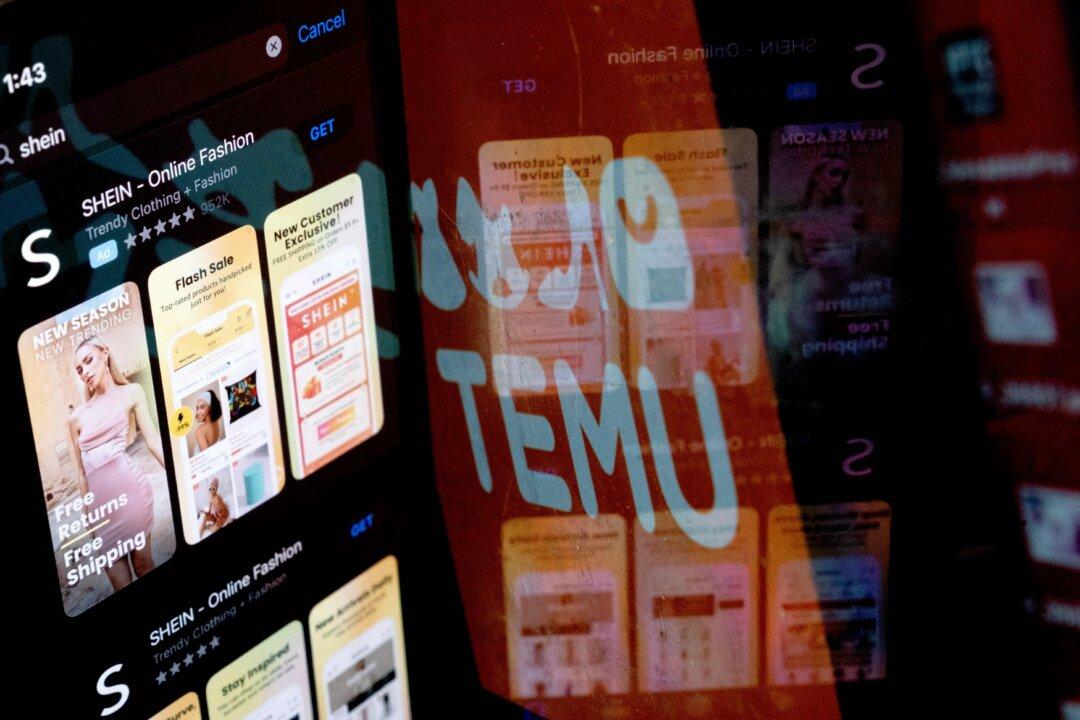Giant Chinese e-commerce retailers like Temu and Shein have joined Aliexpress in invading the wallets of Australian and New Zealand shoppers seduced by low prices and quick delivery.
One retailer, Temu, is run by Chinese-owned PDD Holdings, which operates the Pinduoduo brand, and reportedly generated $2.44 trillion yuan (AU$506 billion) in gross merchandise during the height of the pandemic in 2021.





